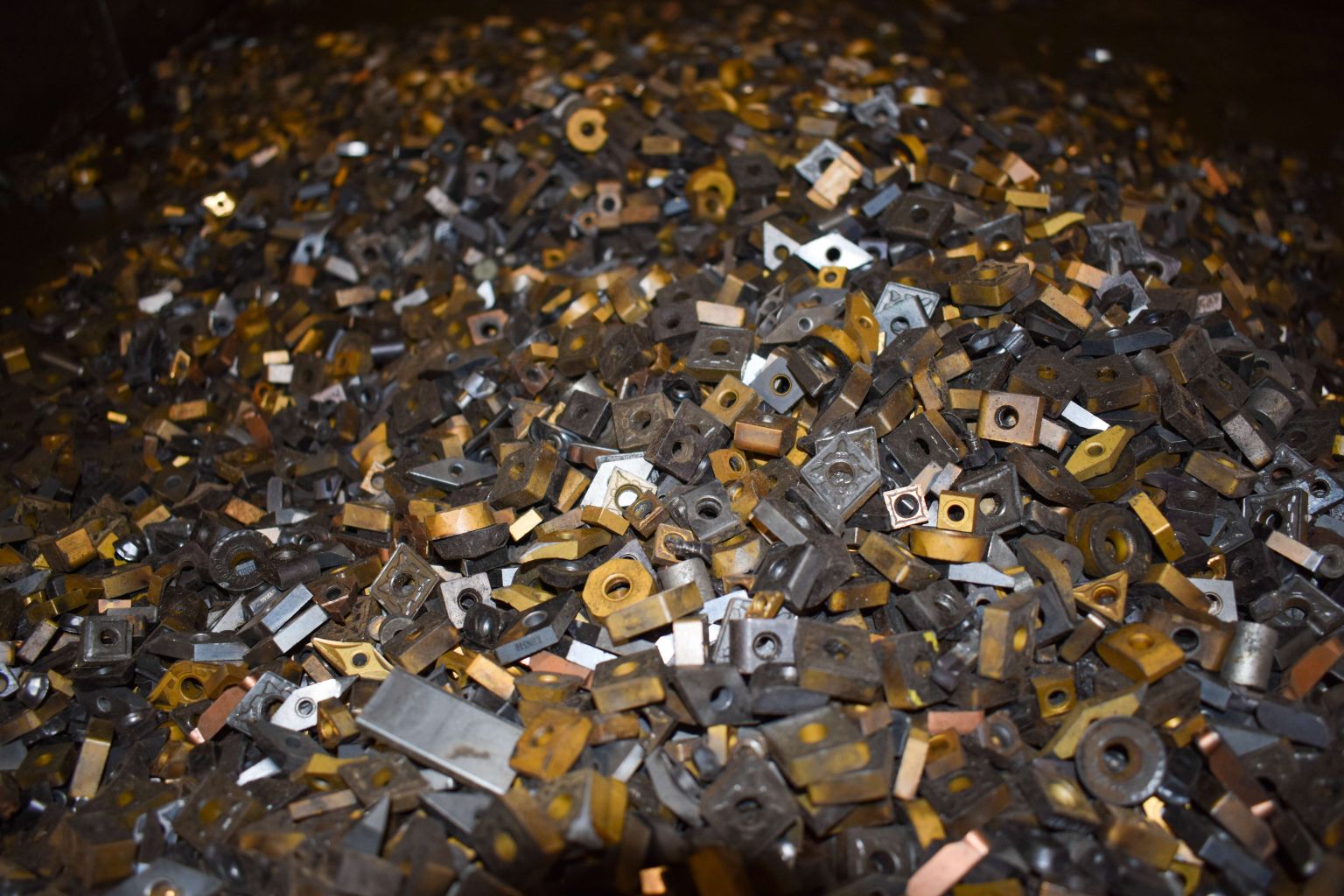
Carbide scraps are valuable materials that have gained significant recognition in various industries due to their exceptional hardness, durability, and heat resistance properties. As a result, carbide scraps have become sought-after commodities, attracting the attention of buyers worldwide. This comprehensive guide aims to provide you with essential information on carbide scraps buyers, their role in the market, and valuable tips to maximize your returns when selling carbide scraps. So, whether you're a business owner, a scrap metal dealer, or an individual looking to sell carbide scraps, this guide will equip you with the knowledge and strategies to make informed decisions and secure the best deals.
Understanding Carbide Scraps:
Definition and Properties of Carbide Scraps:
Carbide scraps primarily consist of tungsten carbide, a compound known for its extreme hardness and resistance to wear. It is commonly found in various forms, such as inserts, cutting tools, drills, and end mills. Other types of carbide scraps include cobalt, titanium carbide, and tantalum carbide, each with distinct properties and applications.
Value and Demand:
Due to their high value and wide-ranging applications in industries like manufacturing, mining, construction, and automotive, carbide scraps have a steady demand in the market. The scarcity of tungsten and cobalt, key components in carbide, further contributes to their value.
Role of Carbide Scraps Buyers:
Identifying Potential Buyers:
Carbide scraps buyers can be found in various forms, including metal recycling companies, scrap yards, online platforms, and specialized buyers. Researching and identifying reputable buyers with experience in handling carbide scraps is crucial to ensure fair prices and reliable transactions.
Assessment and Valuation:
Buyers typically assess the quality, quantity, and condition of carbide scraps before determining their value. Factors such as carbide content, cobalt percentage, and the presence of contaminants influence the price offered. Understanding the grading systems used by buyers can help you gauge the quality of your scraps and negotiate better deals.
Pricing and Negotiation:
Buyers set their prices based on factors such as market demand, current metal prices, and the quality of the carbide scraps. Negotiating with multiple buyers and comparing offers can help you secure the best possible deal for your scraps.
Finding the Right Carbide Scraps Buyer:
Reputation and Reliability:
Look for buyers with a solid reputation in the industry, verified certifications, and positive customer reviews. A reliable buyer will adhere to fair trade practices, transparent pricing policies, and ethical recycling methods.
Expertise and Experience:
Consider buyers who specialize in handling carbide scraps and have extensive experience in the field. Such buyers are more likely to accurately assess the value of your scraps and provide competitive offers.
Accessibility and Convenience: Choose buyers who offer convenient services, including pickup options, safe transportation, and easy documentation processes. This can save you time and effort when selling your carbide scraps.
Maximizing Returns on Carbide Scraps:
Sorting and Preparation:
Properly sorting and preparing your carbide scraps before selling can significantly impact the value you receive. Remove any non-carbide materials, such as steel or aluminum, and ensure the scraps are clean and free from contaminants.
Bulk Selling:
Selling larger quantities of carbide scraps at once often leads to better prices. Accumulating a significant amount of scraps before contacting buyers can help you negotiate favorable deals and minimize transportation costs.
Market Timing:
Keeping an eye on the market trends and prices of carbide scraps can help you identify optimal times to sell. During periods of high demand or when metal prices surge, you can potentially fetch higher prices for your scraps.
Building Relationships:
Establishing long-term relationships with reliable carbide scraps buyers can lead to mutually beneficial partnerships. Repeat transactions with trusted buyers may result in better pricing, preferred customer status, and Buy H13 Scrap access to exclusive opportunities.
Conclusion:
Selling carbide scraps can be a profitable venture when approached with the right knowledge and strategies. By understanding the properties of carbide scraps, identifying reputable buyers, and employing tactics to maximize your returns, you can ensure a successful and rewarding experience. Remember to research thoroughly, compare offers, and maintain the quality of your scraps to secure the best deals. With the information provided in this guide, you are now equipped to navigate the carbide scraps market confidently and make informed decisions that optimize your profits.